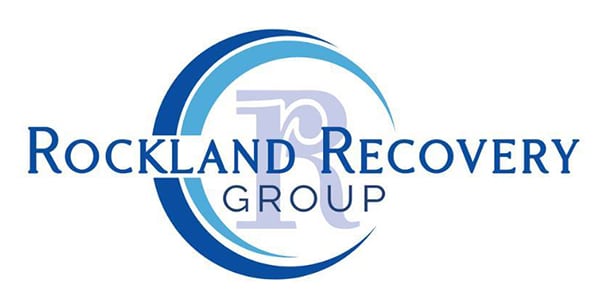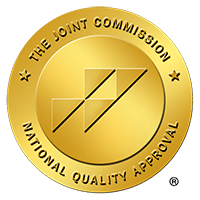Drug addiction is a progressive disease that might start with the experimentation of illegal drugs or pharmaceutical medications. Addiction doesn’t start as a full-blown disease but is more often characterized by a slow spiral of recreational use that turns into an addiction. Along the way, there are often early signs of drug use that can indicate someone is struggling.
Recognizing these early warning signs of drug addiction can help an individual get the help they need and possibly save their life in the process. At Rockland Recovery, we’re dedicated to helping individuals heal through addiction recovery, no matter where they are on their journey.
Understanding Addiction Risk Factors
Addiction is a disease, and like many other diseases, certain risk factors increase the risk of a person developing substance dependency.
Determining an individual’s risk for addiction is a complex process. There may be genetic factors at play. Individuals who grew up with parents who abused drugs or alcohol or have other close relatives with addictions are at a greater risk of developing an addiction themselves. Past trauma and a lack of parental involvement when growing up have also been associated with a higher risk of addiction.
There are also social and economic factors to consider. Individuals who are in high-poverty and high-crime areas may be more likely to abuse drugs. This includes environments where drug use and addiction are normalized. From an economic standpoint, poverty isn’t a risk factor alone. Addiction is a disease that can also thrive in affluent communities.
Just because someone has one or more risk factors for addiction doesn’t mean they are destined to abuse drugs or alcohol. Addiction doesn’t discriminate and can happen in individuals without any risk factors. However, knowing and understanding these risk factors can serve as a foundation for recognizing the earliest signs of drug addiction.
Early Signs of Drug Addiction
When someone is addicted to drugs, their life begins to revolve around finding and using their substance of choice. Addiction, when not treated early, can reach a point where the symptoms can’t be ignored. However, in the early stages, recognizing drug use isn’t always easy.
The early signs of drug addiction primarily fall into three categories – behavioral, physical, and psychological signs of drug use.
Behavioral Changes
- Risk-taking behaviors, such as reckless driving or risky sexual behaviors
- Changes in self-care habits, such as personal hygiene, diet, housekeeping, and fitness
- Changes in behavior or performance at work or school
- Withdrawal, especially around people who are most likely to pick up mood changes
- Changes in friends and social networks
- Becoming secretive
Physical Symptoms of Addiction
- Changes in sleep habits
- Changes in appetite
- Changes in weight
- Runny nose or frequent sniffling
- Slurred speech
- Unusual body odors
- Shakiness or trembling that’s not associated with a medical condition
- Bloodshot eyes
Psychological Signs of Drug Use
- Drastic changes in mood
- Increased irritability, anxiousness, and a tendency toward violence
- Depression
- Paranoia
- Lack of motivation
Treatment Options for Addiction
Identifying drug abuse and addiction early can help a person receive the treatment they need sooner. This early intervention can lead to better treatment outcomes and prevent future drug abuse.
For many, addiction treatment begins with a medically supervised detox. This is usually followed by inpatient treatment. However, there are other options available. Some individuals may do well with a partial hospitalization program (PHP) that offers a high level of structure and support but is a day program rather than a full residential program.
There’s also a full continuum of outpatient care, from individual drug abuse counseling and group therapies to evidence-based clinical approaches and holistic treatment options available.
Seeking Drug Addiction Help in Massachusetts
If you’re seeing the signs of drug addiction in yourself or someone you love, we encourage you to contact Rockland Recovery and speak directly to one of our care coordinators today. We can be reached at 888-299-4833.
For more resources on the warning signs of drug addiction and how to get help, we recommend the Substance Abuse and Mental Health Services Administration (SAMHSA). They offer an online addiction treatment provider directory and a 24-hour helpline at 1-800-662-HELP (4357).






